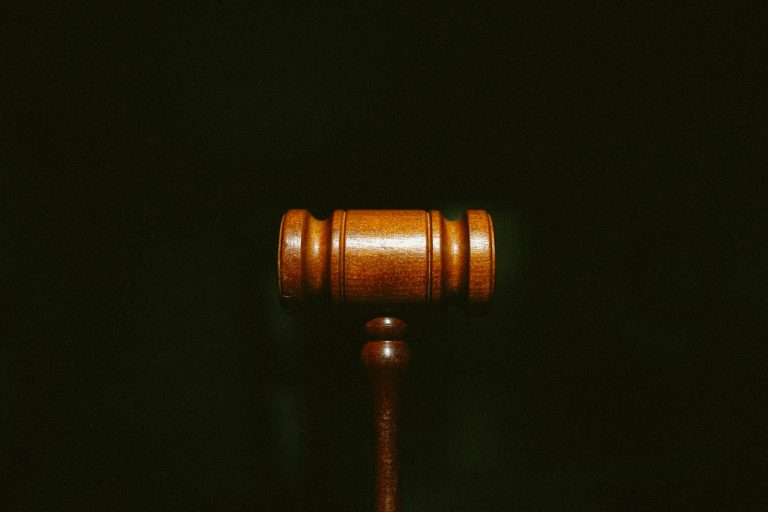Losing a loved one is an incredibly difficult experience, and it can be even more challenging when the death is caused by someone else’s negligence or intentional actions. In such cases, surviving family members may have the right to file a wrongful death lawsuit to seek justice and compensation for their loss. Understanding the legal rights of surviving family members in wrongful death cases is crucial for ensuring that they receive the support and financial restitution they deserve.
Story Stages
What is a Wrongful Death Case?
A wrongful death case arises when a person dies due to the legal fault of another party. This can include negligence, recklessness, or intentional misconduct. Common scenarios leading to wrongful death claims include car accidents, medical malpractice, workplace accidents, defective products, and criminal acts.
Who Can File a Wrongful Death Lawsuit?
The right to file a wrongful death lawsuit varies by state, but it typically includes the following parties:
- Spouse: The surviving spouse of the deceased often has the primary right to file a wrongful death claim.
- Children: Biological and adopted children of the deceased may have the right to seek compensation.
- Parents: If the deceased person was unmarried and had no children, their parents might be eligible to file a claim.
- Siblings and Other Relatives: In some states, siblings, grandparents, or other extended family members may have the right to file a lawsuit if there are no closer surviving family members.
- Personal Representatives: A personal representative of the deceased’s estate may also file a wrongful death claim on behalf of the estate and distribute the recovered damages among the surviving family members.
Types of Damages Recoverable
Surviving family members may be entitled to various types of damages in a wrongful death lawsuit, including:
- Economic Damages: These include quantifiable financial losses such as medical expenses incurred before death, funeral and burial costs, loss of the deceased’s future earnings, and loss of benefits like health insurance or pension plans.
- Non-Economic Damages: These encompass non-monetary losses such as loss of companionship, emotional distress, pain and suffering, and loss of parental guidance for surviving children.
- Punitive Damages: In cases involving gross negligence or intentional misconduct, the court may award punitive damages to punish the wrongdoer and deter similar behavior in the future.
The Legal Process
Filing a wrongful death lawsuit involves several steps:
- Consultation with an Attorney: It is crucial to seek the advice of an experienced wrongful death attorney in Albuquerque, New Mexico who can guide you through the legal process and evaluate the merits of your case.
- Investigation: Your attorney will conduct a thorough investigation to gather evidence, including medical records, accident reports, witness statements, and expert opinions.
- Filing the Lawsuit: The attorney will file a wrongful death complaint with the appropriate court, outlining the legal basis for the claim and the damages sought.
- Discovery: Both parties will exchange information and evidence through the discovery process, which may include depositions, interrogatories, and requests for documents.
- Negotiation and Settlement: Many wrongful death cases are settled out of court through negotiation. Your attorney will work to reach a fair settlement that compensates you for your losses.
- Trial: If a settlement cannot be reached, the case will proceed to trial, where a judge or jury will determine liability and the appropriate amount of damages.
Statute of Limitations
It is important to note that wrongful death claims are subject to a statute of limitations, which sets a deadline for filing the lawsuit. The time limit varies by state and typically ranges from one to three years from the date of death. Failing to file within this period can result in the loss of the right to seek compensation.
The legal rights of surviving family members in wrongful death cases are designed to provide justice and financial relief in the wake of a tragic loss. Understanding these rights and the legal process involved is essential for navigating the complexities of a wrongful death lawsuit. If you have lost a loved one due to someone else’s actions, consulting with a knowledgeable wrongful death attorney can help you secure the compensation you need to move forward and honor the memory of your loved one.
